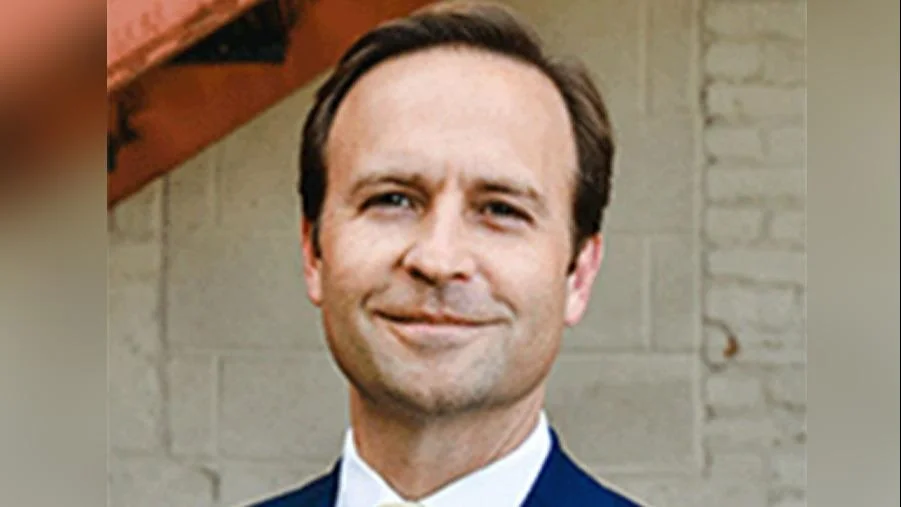Brian Calley President and Chief Executive Officer at Small Business Association of Michigan | Official website
Brian Calley President and Chief Executive Officer at Small Business Association of Michigan | Official website
With the ubiquity and convenience of online gambling, are employer “no gambling” rules becoming outdated? In an informal survey of nearly 50 employee handbooks reviewed by ASE over the past four years, a no-gambling policy was found in 25% of those handbooks. Typically, this rule was embedded within general conduct policies.
The rule usually states: “No gambling is allowed on the premises. This includes football pools, baseball pools, etc., as well as all other forms of gambling.”
With online gambling accessible via smartphones and the prevalence of Superbowl Squares and March Madness pools within workplaces, a no-gambling rule could present two potential problems.
One issue is enforcement. Is a no-gambling rule truly being enforced? ASE reports receiving questions from members once or twice a year about the legality of Superbowl Squares or March Madness pools. This inconsistency creates an integrity issue for employers regarding their policies and practices. However, ASE rarely receives inquiries about disciplining or terminating employees due to gambling. This suggests that employers may be overlooking these activities.
For those distinguishing between legal online gaming and informal betting pools run by employees, there is a difference. However, informal betting pools have existed long before online casinos became prevalent. The widespread availability of online gambling suggests that workplace gambling should not be problematic.
If an employer wants to prohibit all forms of gambling at work, clear communication and consistent enforcement are necessary. This could lead to disciplinary actions or terminations for infractions that do not significantly harm the employer.
A 2011 Office Pool Survey by Spherion found that 46% of respondents had participated in office betting pools previously.
Failing to enforce clearly stated rules while ignoring workers who gamble during breaks raises questions about other potentially ignored rules.
Regarding productivity loss, the same survey indicated that office productivity was negatively impacted by participation in office betting pools. Conversely, some reports suggest limited gaming activities can improve employee morale, which positively impacts productivity.
Employers face a dilemma: from a policy standpoint, if there is a clear rule against gambling, it should be communicated and enforced consistently. Alternatively, employers might consider implementing general rules against non-work activities during working hours to address distractions like online gambling on a case-by-case basis.
By Michael Burns
###




 Alerts Sign-up
Alerts Sign-up